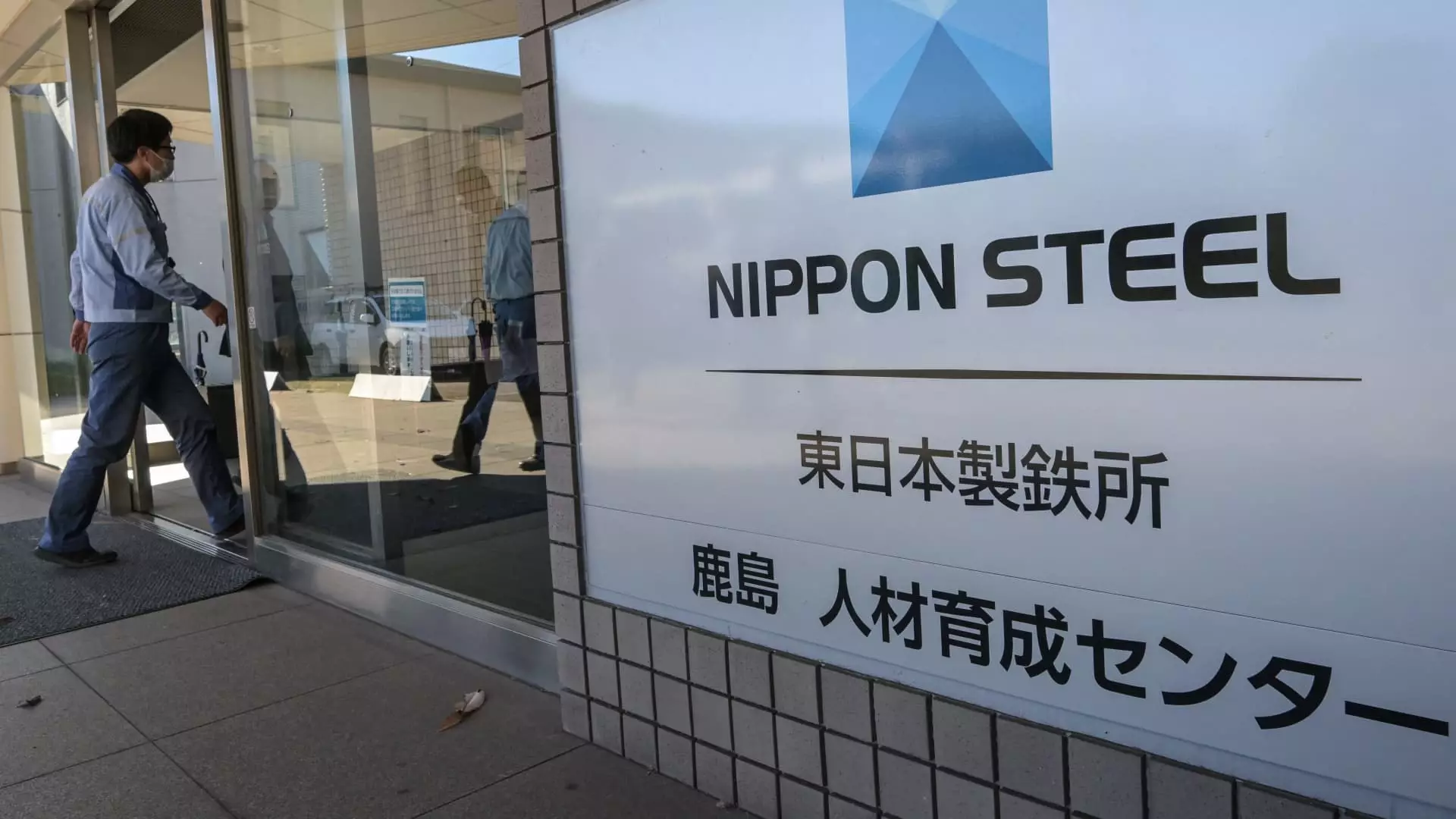The recent decision by President Joe Biden to block Nippon Steel’s $14.9 billion takeover bid for U.S. Steel illustrates the increasing tension between corporate acquisition strategies and national security concerns. During a time when global supply chains and national interests are more intertwined than ever, the evaluation of such high-stakes transactions demands a thorough scrutiny. This situation has raised questions about the future landscape of American manufacturing, particularly in the steel industry, and emphasizes the need for safeguarding domestic assets in critical sectors.
On December 23, 2022, the fate of this significant acquisition was placed into President Biden’s hands after the Committee on Foreign Investment in the United States (CFIUS) could not reach a unanimous decision regarding the deal’s implications. The CFIUS had expressed concerns that the acquisition might lead to a reduction in U.S. Steel’s production capacity, potentially jeopardizing national security through supply shortages—an issue given the steel industry’s foundational role in various critical industries including defense, infrastructure, and manufacturing.
The crux of the matter rests on national security considerations versus the aspirations of corporations seeking growth through acquisitions. By blocking Nippon Steel’s bid, President Biden appears to be reinforcing a protective stance for domestic industries, a move that resonates with a broader trend of economic nationalism increasingly evident in U.S. policy-making. The administration’s apprehensions about the implications an acquisition could have on the production capabilities of an essential industry reflect a growing trend towards prioritizing domestic operations and limiting foreign ownership in sectors deemed crucial for national interest.
Nippon Steel’s attempts to allay these concerns by offering to allow the U.S. government to exercise veto power over reductions in production capacity suggest an effort to navigate the complex web of regulatory approval. However, this concession, along with promises to maintain U.S. operations and leadership, was apparently not sufficient to win over the administration, which has a stated preference for preserving essential industries under American control.
Despite the apparent backing of U.S. Steel’s shareholders—who demonstrated strong support for the acquisition in a vote earlier in the year—Biden’s decision emphasizes that such corporate endorsements do not necessarily sway governmental judgment in matters of national interest. U.S. Steel President and CEO David B. Burritt noted that the shareholders recognized the ‘compelling rationale’ behind the transaction. Nonetheless, Biden’s previous statements underscore that his priorities extend beyond corporate gains; they encompass a broader commitment to ensuring that the backbone of American industry remains robust and domestically controlled.
This tension signals a critical turning point in American industrial policy. The government’s willingness to intervene directly in significant corporate deals may serve as a wake-up call to foreign entities eyeing American companies, implying that acquisitions will face fierce scrutiny moving forward, especially if they involve sectors tied closely to national security.
As Nippon Steel’s aspirations to penetrate the American market through U.S. Steel have been halted, the focus now shifts to the future of both companies. The decision not only impacts Nippon Steel’s growth strategy but also sets a precedent for how foreign investments in critical industries will be handled. This ongoing intersection of global investment and national interest creates an atmosphere where foreign corporations must tread carefully, potentially reshaping how these entities interact with the American market.
Ultimately, Biden’s block of the acquisition underscores the administration’s commitment to a more strategically autonomous manufacturing base in the U.S. Given ongoing global competition and geopolitical tensions, this proactive approach may serve as an essential piece of a larger economic strategy aimed at protecting American interests in a rapidly evolving world. As the dynamics of international commerce continue to shift, vigilance in protecting national assets will remain paramount in U.S. policy discussions, shaping the direction that American industries take in the years to come.

